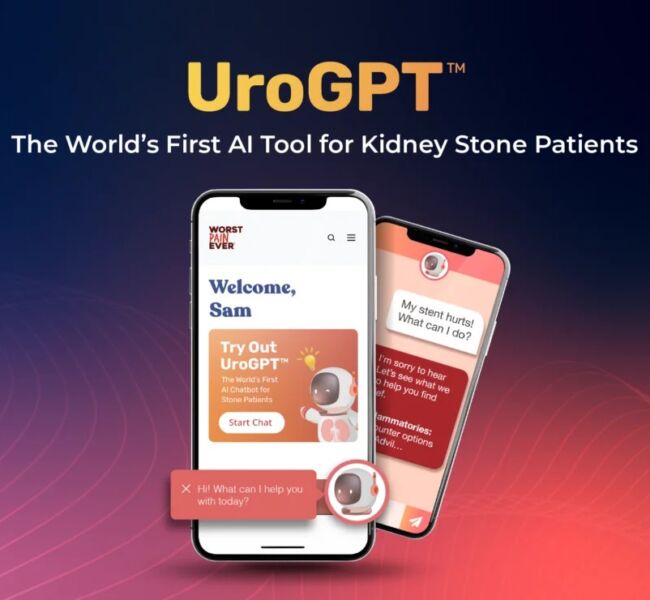The Asia Pacific’s healthcare startup ecosystem has been steadily expanding over the last few years. Today, the region, particularly Singapore, is home to a number of BioTech, HealthTech and MedTech startups.
However, macro-economic conditions have posed funding challenges over the last couple of years, with a tighter funding cycle and smaller deal sizes. For biotech and medtech startups, the situation was exacerbated by the COVID-19 pandemic affecting their ability to run clinical studies, EU MDR regulation changes, and a pullback by venture capitalists.
Despite these challenges, recent months have seen a renewed interest from investors. As funds start addressing the gap and startups secure funding to develop and take their innovations to market, it’s essential for them to think about how strategic communications can support their journey and when is the right time to engage experts.
Communications can often be overlooked in the early stages as the focus tends to be on technology development and clinical trials, for example. To succeed, it’s important for healthcare startups to develop and execute effective communication strategies that address the needs of patients, healthcare professionals, regulatory bodies, and investors.
Strategic Communications: Why and When to Start
Strategic communications is responsible for creating and executing a strategy to cultivate a positive reputation through various unpaid or earned channels. Effective communications can raise a startup’s profile, build credibility, and attract investors and customers.
The decision to engage a communications consultancy should be based on factors such as the stage of development, goals, and available resources. Key considerations and comms-related milestones for transitioning out of stealth mode include: reaching significant product development milestones (prototype phase or near completion); clinical trials and regulatory progress; securing substantial funding; entering strategic partnerships; recruiting key hires; validating technology; and preparing to enter the market
Startups should evaluate whether they have the in-house expertise or need to engage a consultancy for external support, assess the competitive landscape, and gauge the level of media and external interest to begin a long-term communication strategy.
Establishing thought leadership
Establishing thought leadership in the healthcare industry requires a combination of expertise, visibility, and effective communication. Developing a deep understanding of the industry and identifying your niche are important to cut through the noise.
Publishing quality content, presenting at industry conferences, building relationships with professionals, journalists and other thought leaders, maintaining an active social media presence, highlight case studies and success stories, while being patient and persistent in your efforts, are some proven ways to establishing thought leadership in a crowded sector.
Building a global brand
Many startups aim to build a global brand. To do this, it is essential to define your identity and craft a compelling brand story that resonates with the target audience. Thoroughly researching and understanding the regulatory requirements in target markets or regions and ensuring compliance with local healthcare regulations, data privacy laws, and quality standards is imperative.
Once a specific geographic region or market is identified, its critical to think about the messaging, ensuring it resonates with the cultural nuances and preferences of the target market and the communications strategy accounts for local promotional regulations.
Communicating value
Communicating value, particularly in the healthtech solutions or medtech space, is crucial for building trust with healthcare professionals, institutions, and patients. Startups need to provide robust clinical evidence and data that support safety and efficacy, highlight economic advantages, develop educational materials, align messaging with value-based care principles, craft patient-centric messaging, and share patient stories and testimonials.
Collaborating with healthcare professionals or healthcare-related influencers and key opinion leaders (KOLs) to provide valuable insights and endorsements for companies’ products or services can be highly effective in helping to communicate their value.
In summary, as the APAC healthcare startup ecosystem grows, strategic communications are vital for navigating the journey from stealth mode to market entry. By focusing on these key areas, startups can effectively build their brand, establish thought leadership, and communicate their value to the healthcare community and investors.





